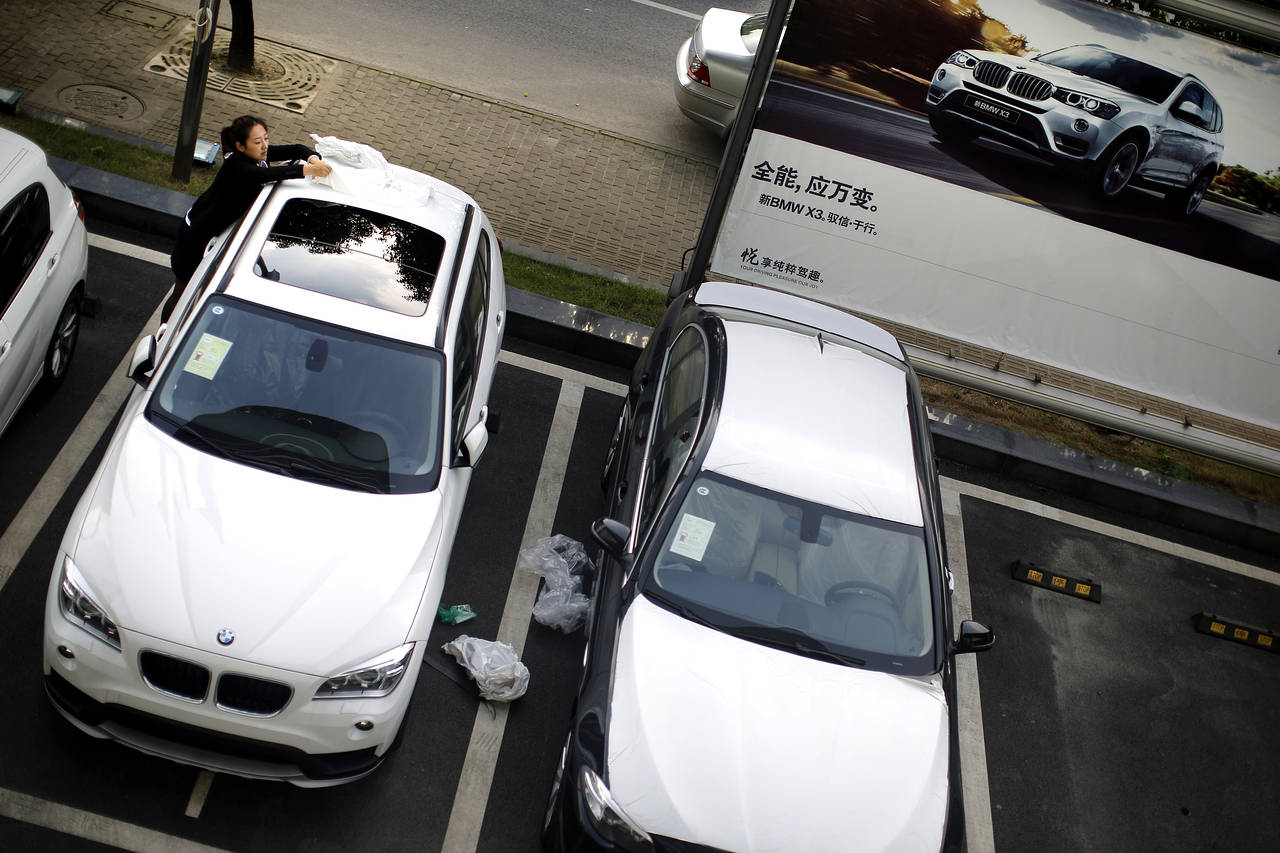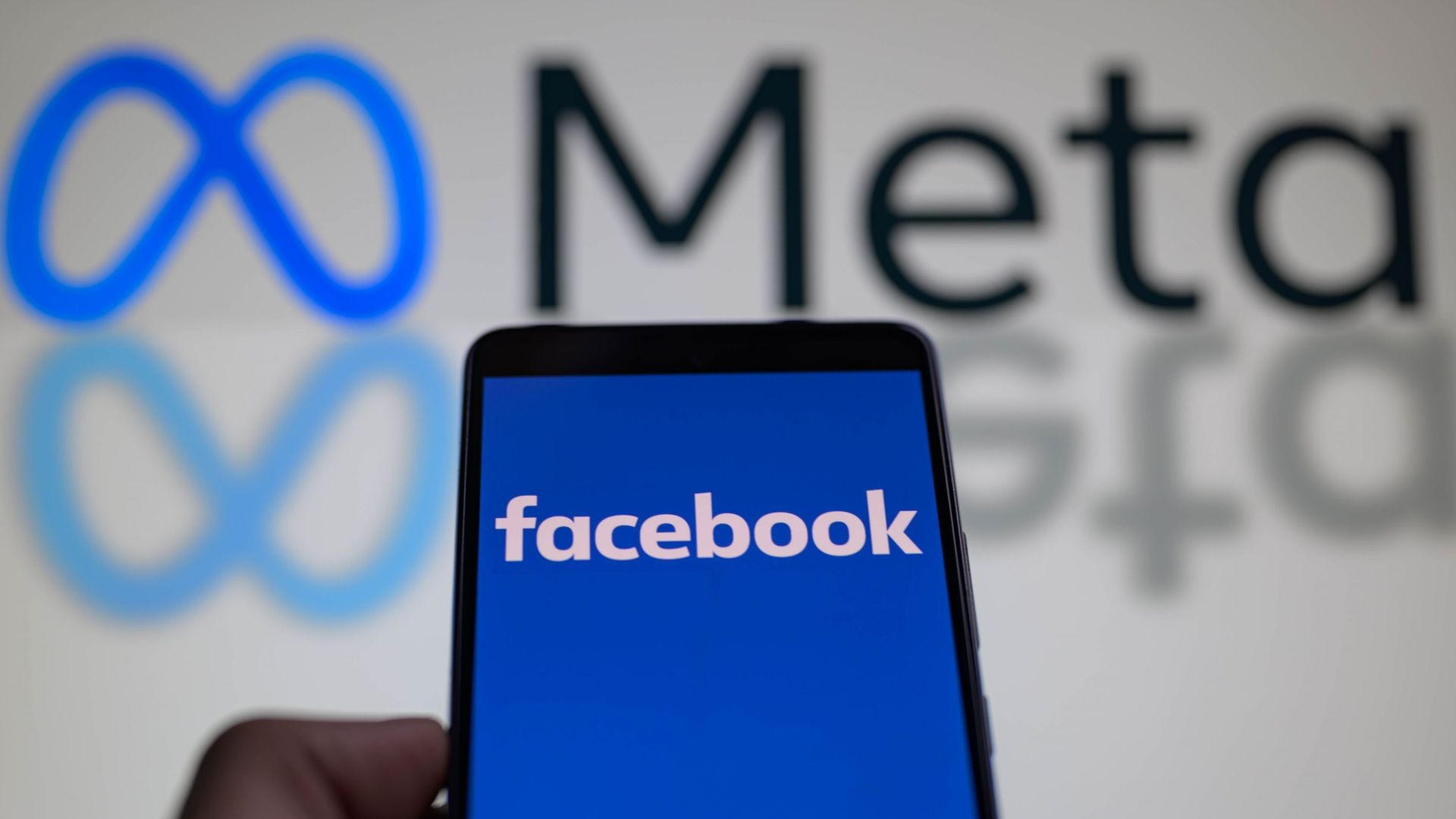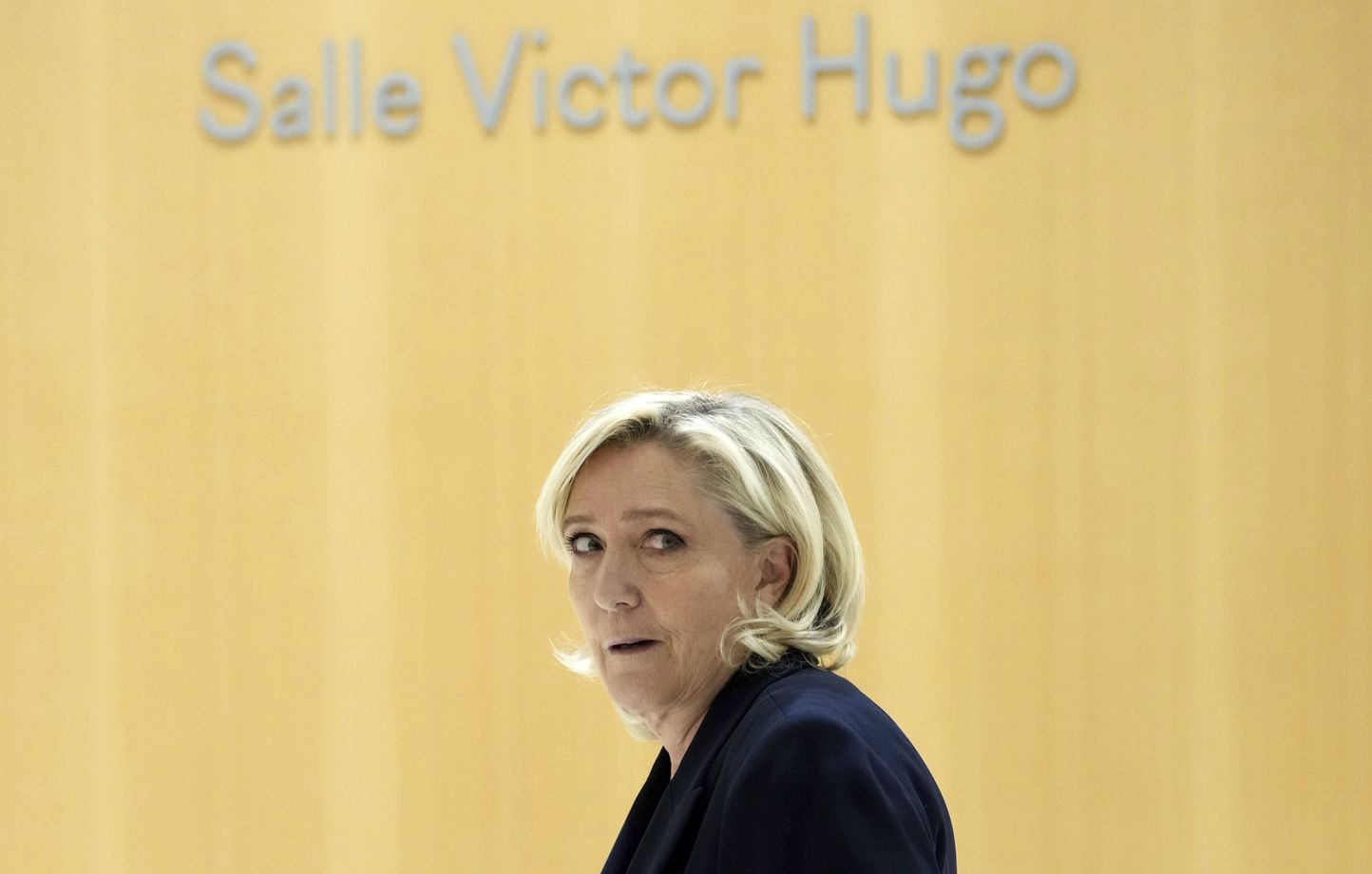Are BMW And Porsche Losing Their Grip In China? An Analysis Of Market Trends

Table of Contents
The Rise of Domestic Competition
The Chinese automotive industry has undergone a remarkable transformation, posing a significant challenge to established foreign brands like BMW and Porsche. This rise in domestic competition is driven by several key factors.
The Growing Strength of Chinese Automakers
Chinese brands are rapidly improving quality and technology, offering competitive luxury vehicles at often lower price points. This surge is fueled by:
- Increased investment in R&D: Significant financial resources are being poured into research and development, leading to advancements in vehicle technology, design, and manufacturing.
- Government support: The Chinese government actively promotes the growth of its domestic auto industry through various incentives and policies.
- Focus on technological innovation (EVs, autonomous driving): Chinese automakers are aggressively pursuing cutting-edge technologies, particularly in electric vehicles (EVs) and autonomous driving systems, often surpassing established players.
- Strong marketing campaigns targeting younger consumers: Sophisticated marketing strategies are effectively reaching younger, tech-savvy Chinese consumers, a demographic crucial for future market share.
For example, brands like Nio, Xpeng, and Li Auto have gained significant market share, directly competing with BMW and Porsche in the luxury segment. Their success highlights the growing competitiveness of Chinese automakers.
The Appeal of Local Brands
Beyond technological advancements, Chinese consumers increasingly prefer vehicles with features tailored to their needs and preferences. This preference for local brands stems from:
- Brand loyalty shifting towards domestic brands: A growing sense of national pride and trust in homegrown brands is driving purchase decisions.
- Familiarity with local after-sales service: Convenient and readily available after-sales service networks provided by domestic brands offer a significant advantage.
- National pride influencing purchase decisions: Patriotic sentiment plays a crucial role, with many consumers actively choosing to support Chinese companies.
Features like advanced connectivity solutions deeply integrated with popular Chinese apps and localized infotainment systems are resonating strongly with Chinese consumers, aspects not always prioritized by BMW and Porsche's initial offerings.
Shifting Consumer Preferences
Beyond the rise of domestic competition, evolving consumer preferences are also influencing the market share of BMW and Porsche in China.
The Growing Demand for Electric Vehicles (EVs)
China is a global leader in EV adoption, with government incentives, environmental concerns, and rapidly developing charging infrastructure driving this transition. BMW and Porsche, while investing in EVs, might be lagging behind some Chinese competitors:
- Government incentives for EV purchases: Substantial government subsidies make EVs more affordable and attractive to Chinese buyers.
- Environmental concerns among consumers: Increasing awareness of environmental issues is fueling demand for eco-friendly vehicles.
- Faster charging infrastructure development: A rapidly expanding network of charging stations eliminates range anxiety, a major barrier to EV adoption.
Compared to the extensive EV offerings from Chinese brands like BYD and NIO, the EV portfolios of BMW and Porsche might appear less comprehensive or competitive in terms of range, features, and price points.
The Younger Generation's Preferences
Younger Chinese consumers are more tech-savvy and value different aspects than previous generations, potentially affecting the appeal of traditional luxury brands. These preferences include:
- Emphasis on technology: Advanced connectivity, driver-assistance features, and seamless integration with digital lifestyles are highly valued.
- Digital experiences: Personalized online experiences, virtual showrooms, and interactive marketing campaigns are crucial for reaching this demographic.
- Personalized customization: Options for customization and personalization cater to individual preferences and enhance brand loyalty.
- Social media influence: Social media platforms significantly impact purchasing decisions, requiring brands to engage effectively on these channels.
BMW and Porsche need to adapt their marketing strategies to resonate with the tech-savvy preferences of younger Chinese consumers, focusing on digital engagement and showcasing the technological aspects of their vehicles more prominently.
Economic and Geopolitical Factors
Macroeconomic conditions and geopolitical factors further complicate the landscape for BMW and Porsche in China.
Economic Slowdown and Trade Tensions
Economic fluctuations and trade relations between China and Germany can significantly impact sales figures and brand perception:
- Impact of trade tariffs: Trade tensions and potential tariffs can increase the cost of imported vehicles, impacting affordability and sales.
- Changes in consumer spending: Economic slowdowns can reduce consumer spending on luxury goods, affecting demand for high-end vehicles.
- Economic uncertainty affecting luxury goods purchases: Uncertainty in the economic climate can lead to consumers delaying or postponing luxury purchases.
Recent economic changes in China, particularly the slowdown in growth, have directly impacted luxury car sales, including those of BMW and Porsche.
Supply Chain Disruptions
Global supply chain issues and logistics challenges can affect the availability and pricing of BMW and Porsche vehicles in China:
- Increased production costs: Supply chain disruptions lead to higher production costs, potentially impacting pricing and competitiveness.
- Shortages of components: Difficulties in sourcing crucial components can lead to production delays and reduced vehicle availability.
- Delays in deliveries: Logistical challenges can result in significant delays in the delivery of vehicles to dealerships.
The current global supply chain issues are impacting the automotive industry worldwide, and China is not immune to these challenges, creating further headwinds for BMW and Porsche.
Conclusion
BMW and Porsche's dominance in the Chinese luxury car market faces significant challenges. The rise of domestic competitors, evolving consumer preferences, and macroeconomic factors all contribute to a changing landscape. While these German brands still hold a considerable presence, adapting to the dynamic market requires significant strategic adjustments, including increased investment in EVs, localization efforts, and a deeper understanding of Chinese consumer behavior. To maintain their competitive edge, BMW and Porsche must actively innovate and respond effectively to the evolving dynamics of the BMW and Porsche in China market. Further analysis and strategic planning are crucial to determine their long-term success in this vital market.

Featured Posts
-
 Enquete Sur Les Pannes Techniques Qui Touchent La Rtbf
May 26, 2025
Enquete Sur Les Pannes Techniques Qui Touchent La Rtbf
May 26, 2025 -
 What To Watch Tonight Top 10 Tv And Streaming Choices Thursday
May 26, 2025
What To Watch Tonight Top 10 Tv And Streaming Choices Thursday
May 26, 2025 -
 Combattre La Desinformation Le Guide Rtbf Pour La Journee Mondiale Du Fact Checking
May 26, 2025
Combattre La Desinformation Le Guide Rtbf Pour La Journee Mondiale Du Fact Checking
May 26, 2025 -
 Myrtle Beach Welcomes Worlds Largest Rubber Duck Promoting Ocean Conservation
May 26, 2025
Myrtle Beach Welcomes Worlds Largest Rubber Duck Promoting Ocean Conservation
May 26, 2025 -
 Condamnation Marine Le Pen Appel Contre 4 Ans De Prison Et Ineligibilite Immediate
May 26, 2025
Condamnation Marine Le Pen Appel Contre 4 Ans De Prison Et Ineligibilite Immediate
May 26, 2025
